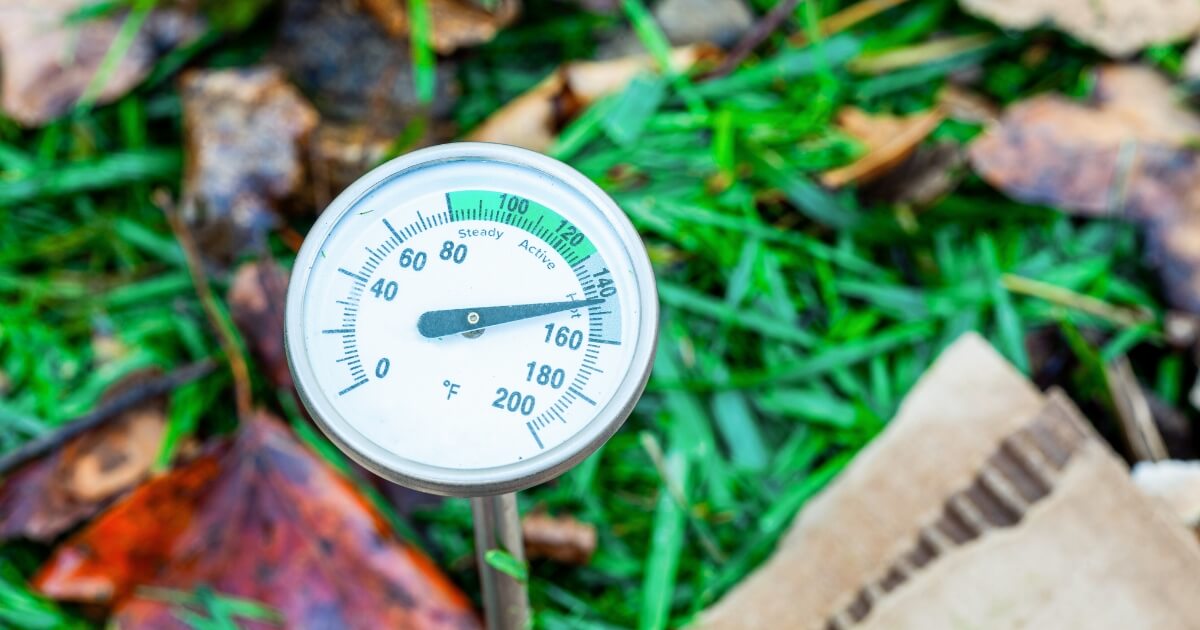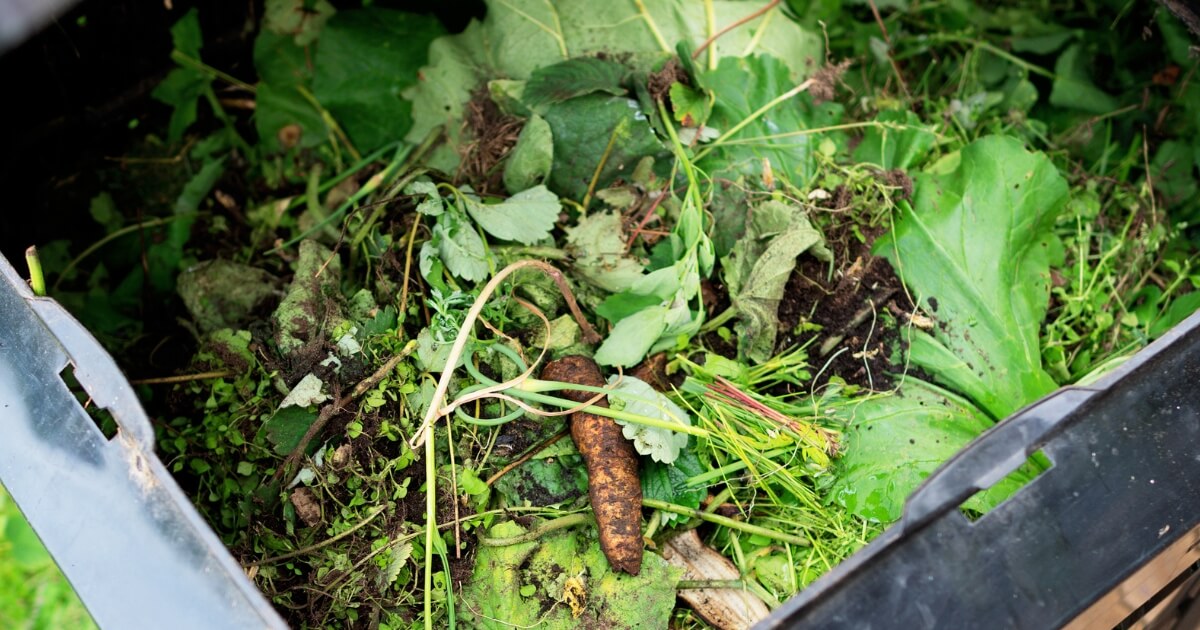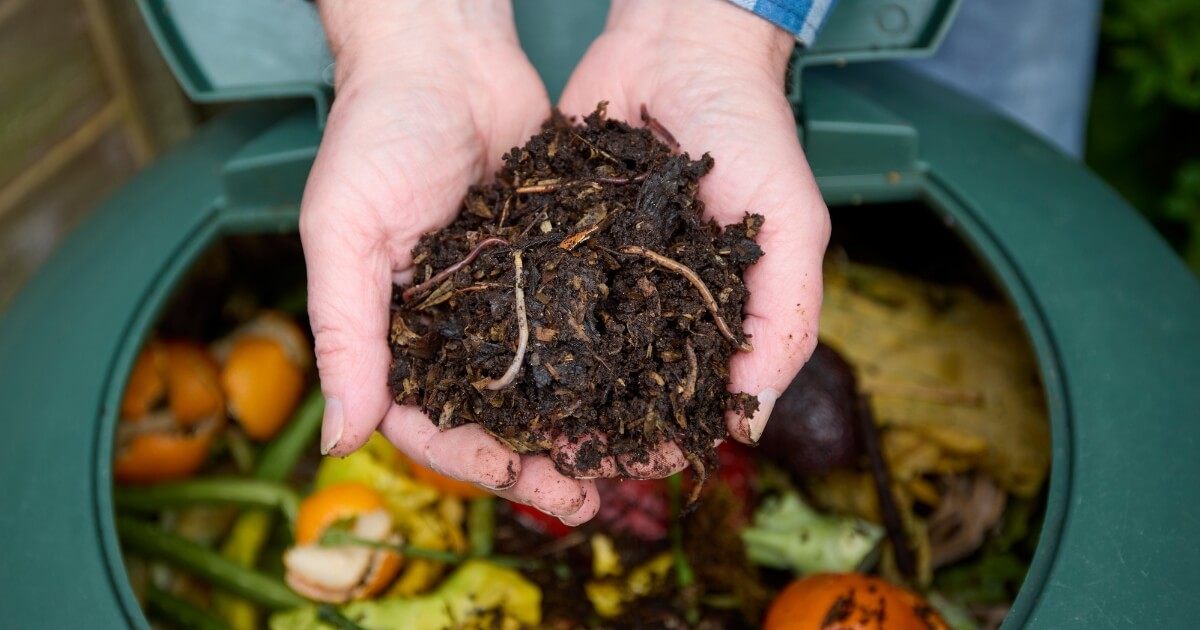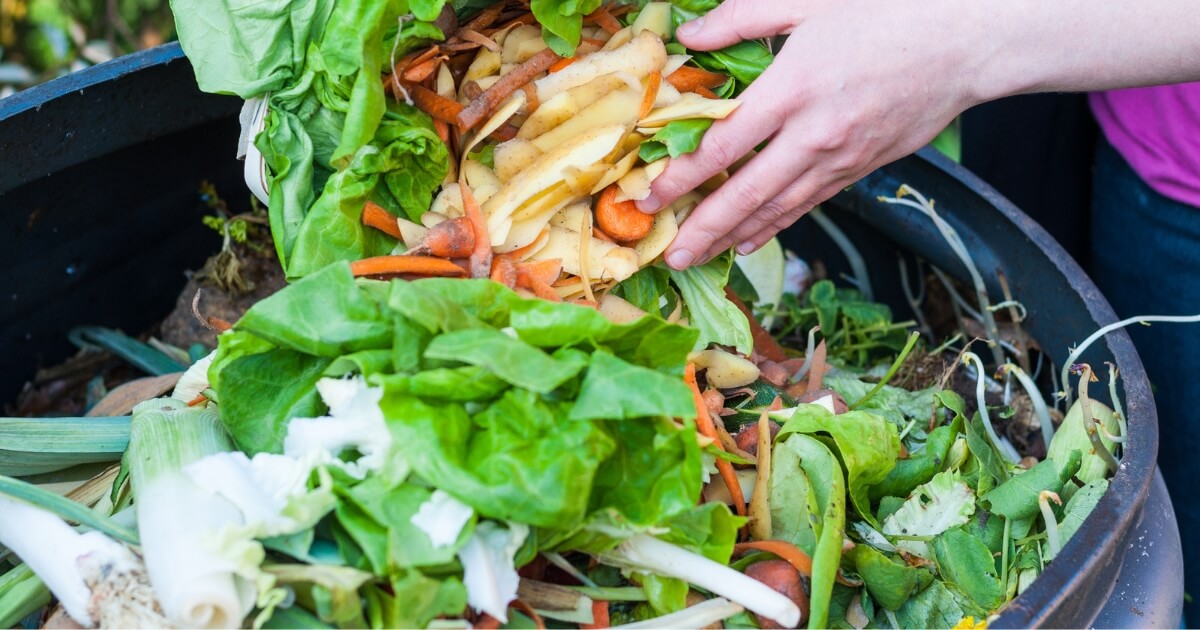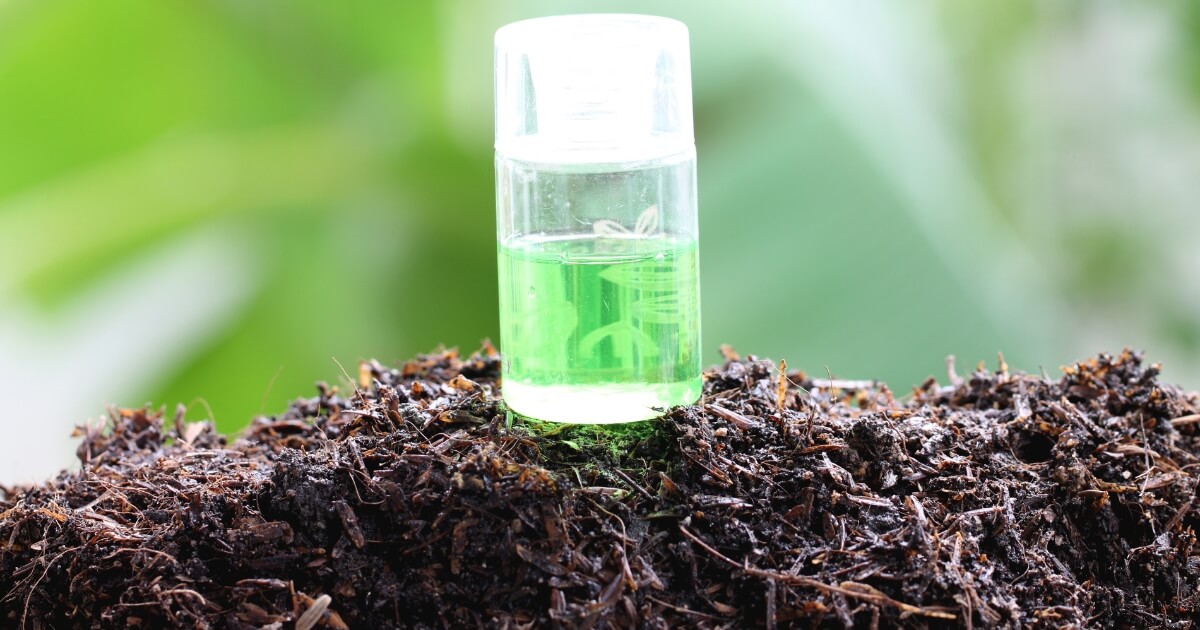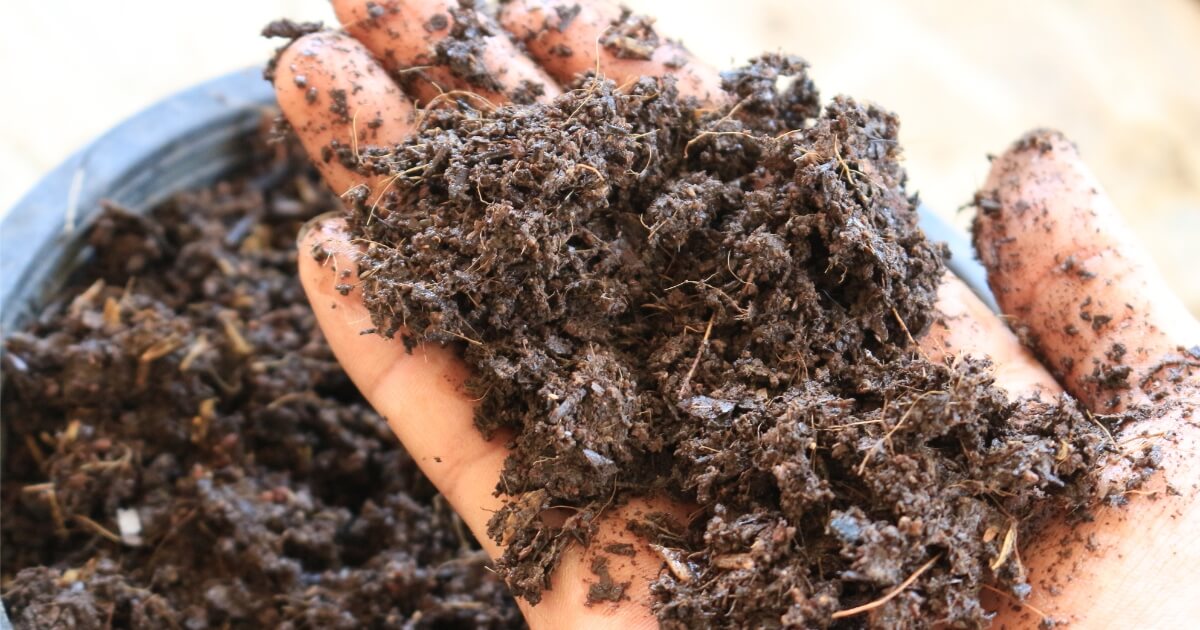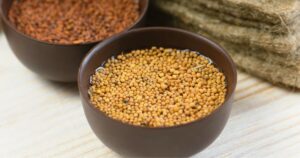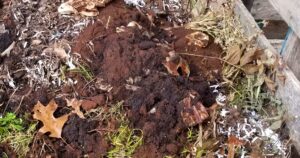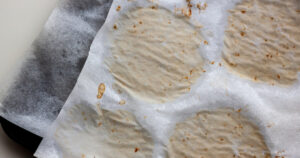Many people hear the myth that you should never compost citrus scraps like orange peels and lemons. There’s been a debate within the composting community about this topic, but the final consensus is yes, you can compost citrus.
Why the debate? Vermicomposting methods use worms that shy away from citrus since they don’t care to eat the fruit until it decomposes. But, citrus doesn’t harm the composting worms, and they’ll eventually get around to eating it.
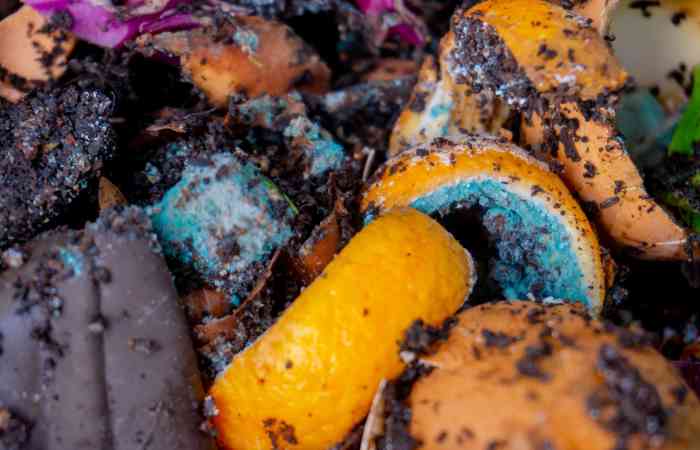
For everyone else, adding citrus to your cold or hot composting routine brings benefits. Continue reading to learn about which types of citrus you can compost, what nutrients they add, and the best way to add citrus scraps to compost.
Types Of Citrus That Can Be Composted
You can compost every type of citrus fruit including:
- Lemons
- Oranges
- Clementines
- Limes
- Satsumas
- Grapefruits
You can use the peels, rinds, and pulp in your compost pile, which is a bonus for those who like using their juicer frequently or enjoy having fresh fruit every day.
Citrus peels fit into the “green compost” category, which means it’s a source of nitrogen.
Citrus fruits do take longer than other fruits to break down. Only particular bacteria will chew on the d-limonene chemical found in the fruit skin, but it will happen. See when compost is ready for more information on stages and what it looks like.
A bonus of composting citrus fruits is how they heat the pile, which helps speed up the overall decomposition process.
The strong scent that citrus fruit adds to the compost pile can help deter pesky animals and bugs. The oils in the fruit break down fast enough, so they aren’t harmful to the useful insects you want to keep around.
Do Lemons And Orange Peels Make Good Compost?
Lemons and orange peels make good compost material when you incorporate them correctly, which you can read about in the final section below. But generally, lemons and oranges have specific tendencies that can enhance or harm your compost pile, so use them wisely.
Too much lemon waste added at one time will raise the acidity of the heap, setting off a disruption within your compost pile. Bacteria may have a hard time breaking down the lemon bits fast enough, which could lead to an off-putting odor in your compost heap.
On the other hand, certain plants like rhododendrons, azaleas, and camellias love acid-rich soil. Using compost made with lots of lemon and orange waste could work wonders in these areas of your garden.
Oranges introduce nitrogen, potassium, and phosphorus into your compost heap. These nutrients aid in the waste breakdown within your pile and help enrich your final compost medium.
What If My Citrus Scraps Are Moldy?
Are you afraid to toss moldy citrus fruit into your composting bin? Don’t worry; rotten citrus scraps are a fantastic addition to your compost pile since they are already starting to break down.
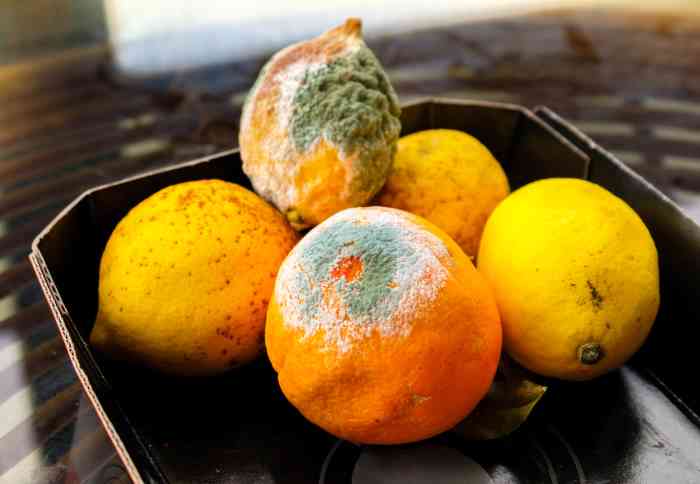
Another point to make is that a properly maintained compost pile should be hot enough inside to kill off any mold spores on the citrus fruit within a short time.
You do have to take extra care with moldy citrus, as it is a very wet waste material. Using additional bulking agents, like wood chips or shredded cardboard, will offset the moisture and keep your compost pile in optimal condition.
You can speed up the decomposing process when you add moldy citrus scraps to the center of the pile on top of dry leaves. Cover the scraps with grass or paper. The extra heat that generates in the center of the heap will break down those moldy citrus fruits in no time.
Best Way To Compost Citrus Scraps
Take the time to break down your citrus scraps into very small pieces, so more surface area has exposure to the bacteria within your compost heap.
Always balance the “wet” waste of your citrus fruits with an equal amount of a bulking agent like dry leaves to keep your compost heap healthy.
Deal with the seeds. Hot composting piles should reach the temperature that will damage seeds and keep them from germinating. See more on compost temperatures and how they affect your piles.
Cold composting piles rarely generate enough heat to kill the seeds in citrus fruits. Always remove the seeds before disposal, or you could find tree seedlings growing in your garden later on.
Do you want to speed up the breakdown process when practicing cold composting methods? Save all your citrus scraps in a lidded bucket and let them sit while they rot out and grow mold. Once you see a healthy dose of mold, toss the contents into your compost pile.
In Summary
Now that you know it is perfectly safe to compost citrus, you no longer have to toss those orange peels or lemon scraps into the trash that ends up at the landfill.
Yes, similar to composting pineapple, citrus indeed takes more time and care to breakdown within your compost pile than other fruits or vegetables. But, you shouldn’t let that prevent you from adding it.
By using the best citrus composting methods you read about above, you can confidently incorporate any citrus scraps to your compost bin.
Enjoy the benefits of the extra acidity, moisture, and nutrients it brings to your compost, and use the finished product to grow beautiful, healthy plants!
